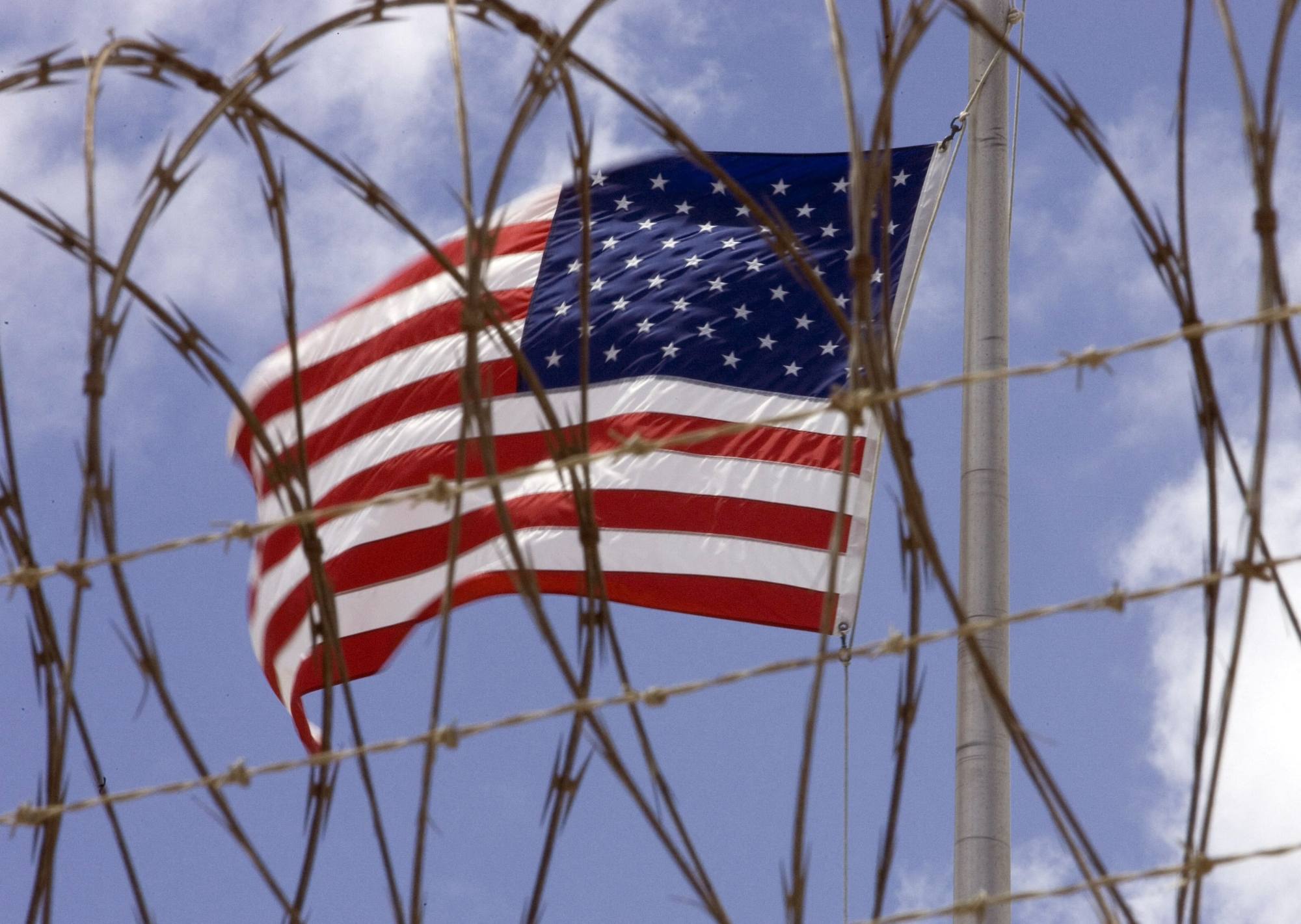On Friday, the Department of Homeland Security announced that it plans to rescind legal protections for large numbers of Cubans, Haitians, Nicaraguans, and Venezuelans, potentially leaving these individuals at risk of deportation within approximately one month.
This directive affects approximately 532,000 individuals from those four nations who entered the United States between October 2022 and now.
This action shortens the two-year "parole" period provided to the immigrants under ex-President Joe Biden’s administration, which permitted them to enter the nation via air travel with U.S.-based sponsors.
The U.S. Homeland Security Secretary Kristi Noem stated that they will lose their legal standing on April 24, or 30 days following the publication of the notification in the Federal Register.
The updated policy impacts individuals currently residing in the U.S. who entered through the humanitarian parole program. This move comes after a previous Trump administration choice to terminate what they referred to as widespread misuse of this humanitarian parole—a longstanding mechanism utilized by presidents to permit entry for those fleeing conflict or political unrest in their home countries—to reside in the U.S. on a temporary basis.

Throughout his campaign, President Donald Trump, a member of the Republican Party, pledged to remove millions of individuals residing unlawfully within the United States. Once in office, he continued this approach by terminating various legal routes through which immigrants could enter and remain in the country.
He contended that the legal entry parole programs initiated by his Democratic predecessor exceeded the limits set by federal law. He demanded their cessation as part of an executive order issued on January 20th.
Prior to this new directive, participants in the program were permitted to remain in the U.S. until their parole period ended. However, the administration had halted the handling of their applications for asylum, visas, and other petitions that could have enabled them to stay for a more extended duration.
The administrative choice has already faced opposition in federal courts.
A cohort of U.S. citizens along with immigrants have filed a lawsuit against the Trump administration due to the termination of humanitarian parole programs and are striving to restore these initiatives for individuals from four specific countries.
It is still uncertain how many individuals who were admitted into the US under parole subsequently obtained some other type of protection or legal standing.
In an announcement scheduled to be published in the Federal Register on Monday, the U.S. Department of Homeland Security stated that removing the parole status would simplify the procedure for placing immigrants into a swift deportation process called "expedited removal."
In line with a policy from the Trump era introduced in January, accelerated deportation may be used against specific immigrants who have been present in the United States for up to two years.
The Biden administration permitted as many as 30,000 individuals per month from these four nations to enter the United States over a period of two years, granting them permission to work. To address this influx, they convinced Mexico to accept an equal number of people from these countries since the U.S. had limited ability to deport migrants directly to their home countries.
Cuba typically accepted around one deportation flight per month, whereas both Venezuela and Nicaragua declined to accept any. These countries are all considered adversaries of the United States.
Haiti received numerous deportation flights, particularly following an influx of immigrants from the Caribbean nation into the small border community of Del Rio, Texas, in 2021. However, ongoing instability in Haiti has complicated U.S. initiatives.
Starting from late 2022, over half a million individuals have entered the United States via this policy, which is also referred to as CHNV. This initiative formed part of the Biden administration’s strategy aimed at promoting entry through lawful means while simultaneously enforcing stricter measures against illegal border crossings.
More Articles from SCMP
ONE 172: Marat Grigorian pledges to 'ignite the battle' against leading Japanese kickboxer Kaito Ono
Get acquainted with Snow White's leading lady, Rachel Zegler’s folks: her mom has Colombian ancestry through her immigrant grandparents, her dad works in construction, and they both cheerfully back their daughter’s rising stardom from the lead role in West Side Story.
Chinese electric vehicle manufacturer Nio reports wider losses for the final quarter, with revenue forecasts falling short of expectations.
Protests erupt in Beijing over ex-Japanese military leader's appointment as advisor to Taiwan
The article initially appeared on the South China Morning Post (www.scmp.com), which is the premier source for news coverage of China and Asia.
Copyright © 2025. South ChinaMorning Post Publishers Ltd. All rights reserved.


No comments:
Post a Comment